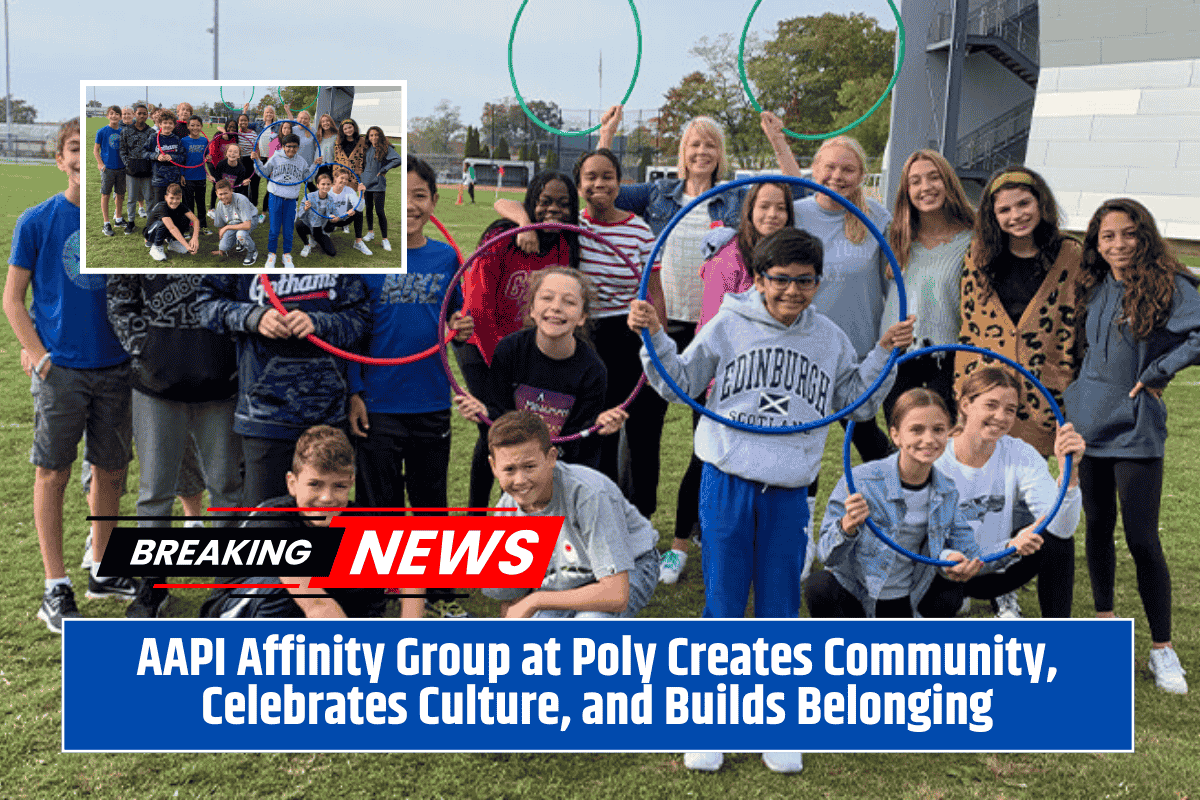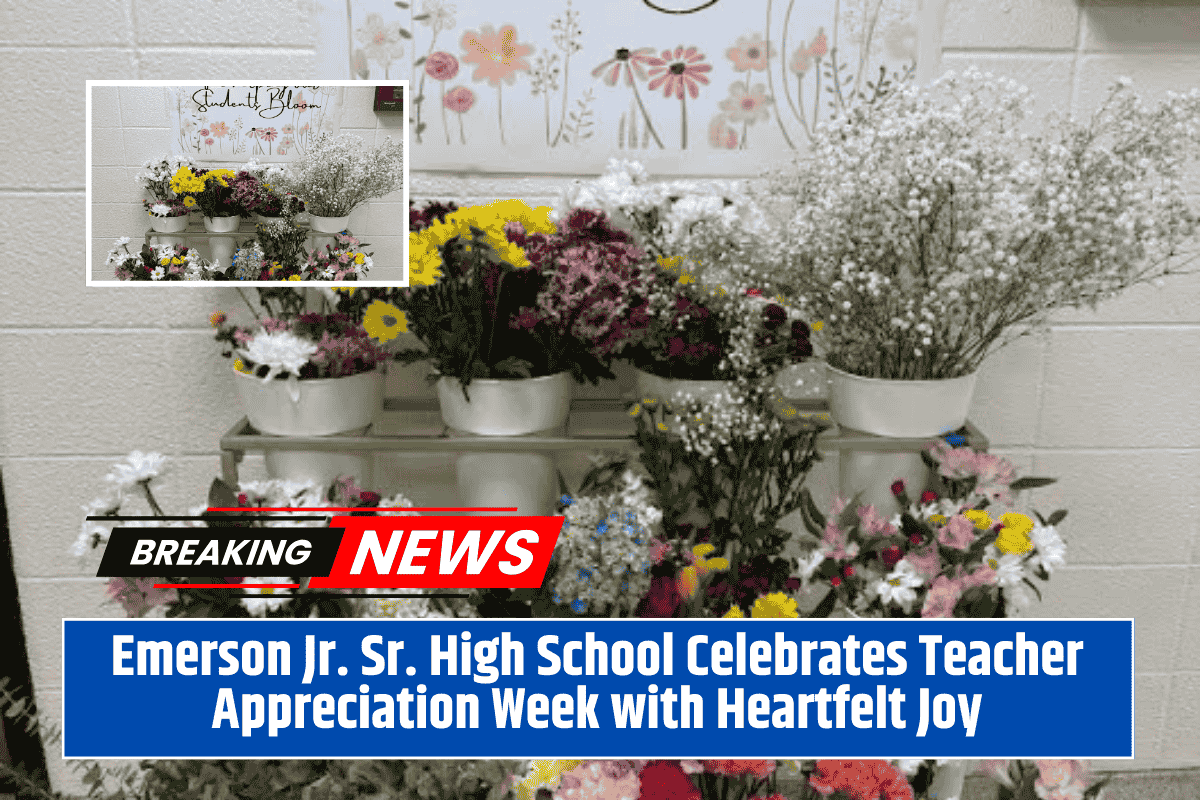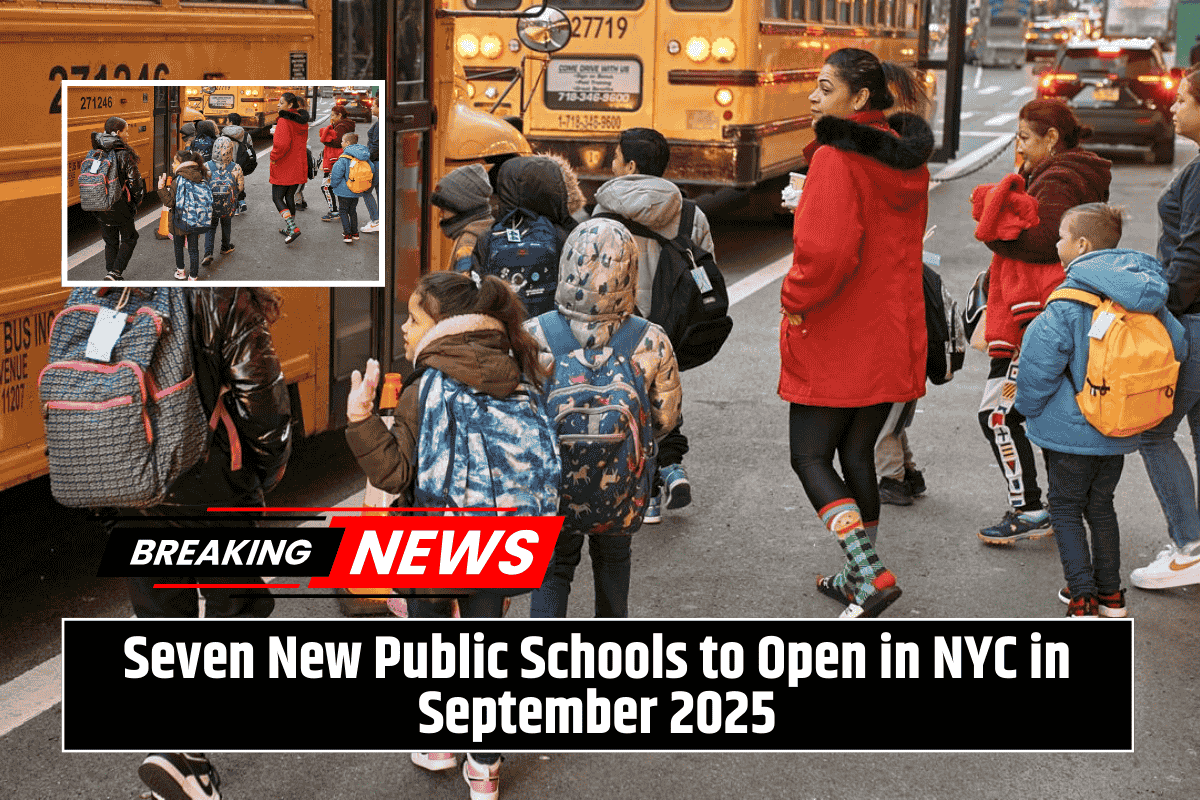At Poly, the Diversity, Equity, Inclusion, and Belonging (DEIB) block is more than just a class period — it’s a powerful platform for students to connect, share, and grow. Held once every seven-day cycle for 65 minutes, DEIB allows middle schoolers to meet in affinity groups based on shared identities, from race and religion to sexual orientation and cultural background. One such group, AAPI (Asian-American and Pacific Islander), has become a vibrant, supportive space where students celebrate both their commonalities and differences.
What Is the AAPI Affinity Group?
The AAPI group at Poly is made up of students from fifth to eighth grade who identify with Asian heritage. With backgrounds including Chinese, Korean, Japanese, Filipino, Indian, and more, the group gathers during the DEIB block to share experiences, learn about each other’s cultures, and build a sense of belonging. The group is led by Chenyi Zhou, Middle School Mandarin teacher; Saranicole Marino, Middle School history teacher; and Tamara Ling, Human Resources Administrator.
Through guided discussions, films, presentations, and food-sharing traditions, the group fosters an open environment where students feel seen and heard. “What truly matters is that students have a community where they can connect with others who share similar identities and experiences — where they feel special but never alone,” said Ms. Zhou.
Exploring Identity and Diversity Within Community
While AAPI connects students through shared identity, it also highlights the richness and diversity within Asian cultures themselves. Students explore the differences in traditions, language, food, and personal experiences that shape each individual’s story. As James Glickman ’29 explained, “[DEIB] gives you a great opportunity to explore and share about your ethnicity.”
This space not only helps students connect to their own heritage but also opens their eyes to the broader range of experiences and cultures within the AAPI community.
Potlucks: A Delicious Celebration of Heritage
A highlight for many AAPI members is the semi-annual potluck, a much-loved tradition that celebrates cultural diversity through food. Each student brings a dish that represents their background — from Japchae and shumai to mango lassi, Pocky, and more.
“It’s really interesting to see the different types of food people like and the foods that are brought from different cultures,” said Glickman. These gatherings are more than just fun — they are a way for students to honor their heritage and appreciate others’, all while forming deeper bonds with classmates.
Sharing Culture Beyond the Affinity Group
AAPI doesn’t keep its lessons and celebrations within the group alone. Students actively participate in school-wide events, especially during Lunar New Year and AAPI Heritage Month in May. The group hosts assemblies where members present to the wider Middle School community, sharing their cultures and family histories.
Kangsan Dickerson ’29 shared his excitement about participating in last year’s AAPI assembly: “It allowed me to discuss my heritage and cultures outside of the DEIB block. It also gave my classmates a chance to share their unique identities.”
These public celebrations not only spread awareness and appreciation but also strengthen the school’s overall culture of inclusion.
Teachers and Students Build Lasting Connections
For teachers like Ms. Zhou, the AAPI group has offered a meaningful way to connect with students outside the academic classroom. “As a Middle School Mandarin teacher, it has also been incredibly meaningful to connect with my students outside the classroom in a different way,” she shared. The space fosters relationships built on trust, understanding, and shared pride in culture.
The AAPI affinity group at Poly is more than just a student club — it’s a safe space for expression, celebration, and connection. By blending cultural education with community-building, the group helps students embrace their identities while learning from others. Through traditions like the potluck and public assemblies, AAPI is not only enriching its members but also contributing to the broader DEIB goals at Poly, showing how meaningful representation and community can shape confident, culturally-aware young people.







